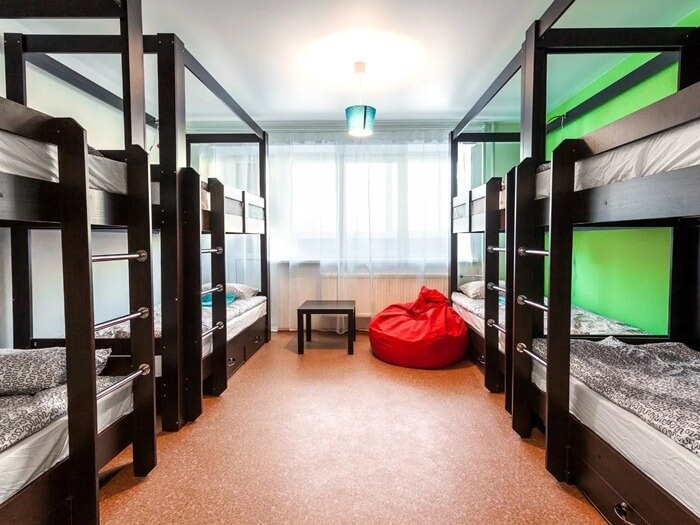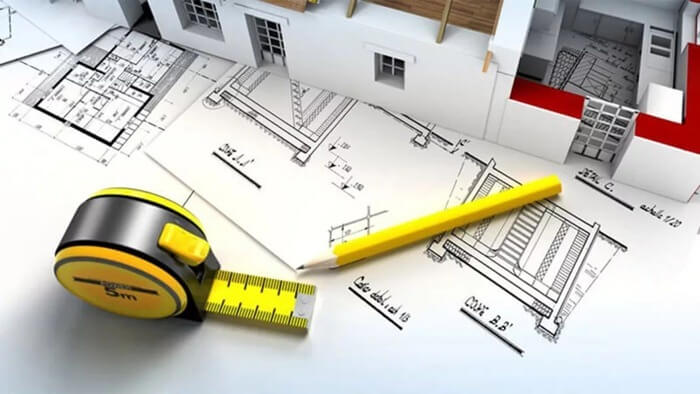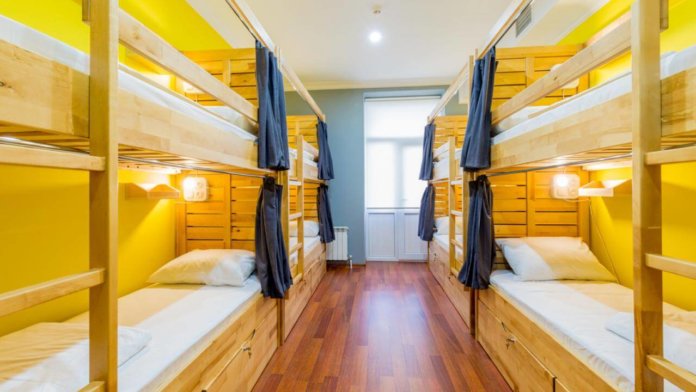From October 1, 2019, an amendment to article 17 of the Housing Code of the Russian Federation comes into force, according to which, in order to open a hotel or hostel, a room must have a non-residential status. In this regard, entrepreneurs still have questions about what requirements are imposed on hostels, what rules have been introduced for opening hostels in 2019, and what documents are required. We are talking about this with Leonid Zharov, General Director of PERPLANCE Group.
- Leonid Valerievich, are all non-residential premises subject to change of functional purpose?
You can change the purpose of a room for a hostel or mini-hotel only if it is located on the ground floor and has a separate entrance from the street. If the premises in which the hostel is supposed to be located above the first floor, then the rest of the premises below it must be also non-residential. If these conditions are not met, permission to open a hostel and mini-hotel cannot be obtained.
- What are the requirements for non-residential premises for organizing a hostel or mini-hotel in it?
To open a hostel or mini-hotel, it is necessary to ensure the safe accommodation of residents and guests - to comply with the requirements of the sanitary service and the fire inspection, and also to agree on the planned restructuring of the premises with the supervisory authorities. The room will also need to make soundproofing, install a fire alarm and cabinets for storing clean and dirty linen, as well as inventory.

- Is it possible to deal with paperwork after starting a business if the load-bearing walls were not touched during the redevelopment?
Any reorganization of the premises must be coordinated with the relevant authorities, and this is the basic component of this business. First you need to get permission, and only then start to work. Permanent residents show increased attention to their new neighbors and often write complaints to various organizations, as a result of which a check begins, and the lack of documents will entail undesirable consequences for the entrepreneur.
- What will happen if the redevelopment has already been done, but not yet agreed?
Redevelopment that is not legalized or at the wrong time is the basis for large fines. Also, the owner or tenant will be offered to legalize the changes made or to return the premises to their original appearance.
- In what case can a change in the functional purpose of real estate be refused?
They can refuse to assign the status of a hotel to a non-residential premises if the actual redevelopment differs from the one declared in the plan, if the room does not meet the requirements of the fire department, and the inoperability of ventilation and communications is recorded.
 - Is there a procedure for changing the purpose of the premises, what steps should be taken first?
- Is there a procedure for changing the purpose of the premises, what steps should be taken first?
First of all, you need to go to the BTI to obtain technical documentation for the facility.After that, you can order a redevelopment project, coordinate it with all the necessary authorities and submit a full set of documents to the city's Housing Inspectorate for consideration.
Next, you should call the commission, which will determine the correctness of the repair performed to the agreed project, and issue an act of compliance in the absence of violations. After that, you should re-apply to the BTI to take into account the redevelopment performed, pay the state duty and receive new technical documentation for the object.

